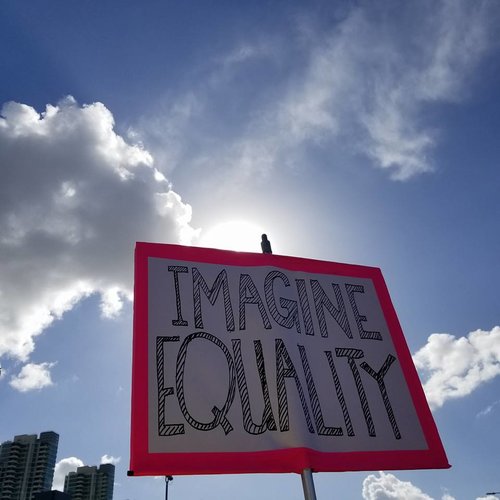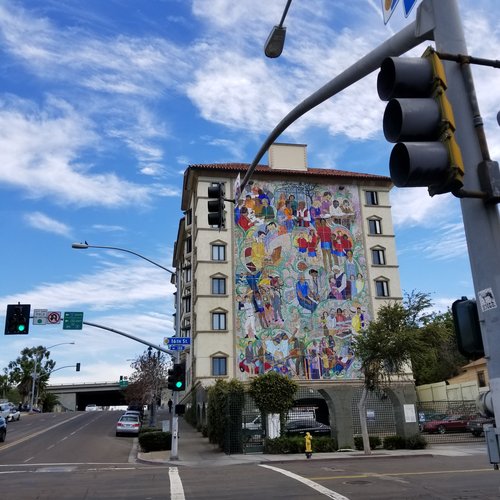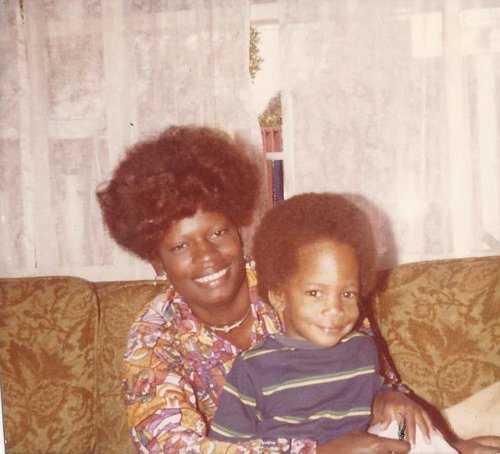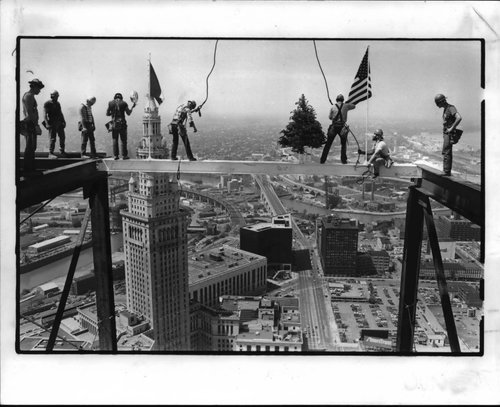Overcoming the odds: Another foster youth’s story
Throughout the campaign, we have come to know many stories of other children in and out of foster care who have shown tremendous resilience in their lives. We are featuring these stories to help voters connect with the young people our policies seek to help. “Steven” is a great example. The identifying details have been changed to protect his privacy, but this is Steven’s story:
When Steven (name/details changed) turned 18 he realized, like many transitional aged foster youth, that he was quickly running out of options for a secure place to live, a steady nutritious food source, and support services he relied on for most of his life in foster care. When basic needs such as shelter and food go unmet or are insecure it seems like college typically gets bumped pretty far down on one’s list of priorities. Not for Steven. He knew a college education could provide expanded opportunities and greater financial security. So he set his sights higher and began applying to community colleges throughout the San Diego area.
As a bright young man who excelled in high school despite facing the unique set of challenges that come with being a foster youth, Steven was accepted to the majority of schools where he applied. Steven did not let the almost yearly moves to different foster homes and new schools deter him, nor the staggering statistic that only 3% of foster youth graduate from college. Steven was able to obtain a strong financial aid package which provided funds to cover most of his tuition, books, and supplies. However, with the majority of community colleges not providing any student housing, Steven was left without a secure place to live. How would he balance the demands of being a full time student while working two jobs just to meet his basic needs?
Transitional age foster youth approaching 18 are often at-risk of falling off of a figurative cliff – going from relatively secure housing, food, and support services, into an abyss of being on their own with little to no money, no access to resources, and no real opportunity. Steven knew these odds, but through connecting with a range of nonprofit organizations and community resources such as Wesley House Student Residence, he was able to advocate for himself to find a home. That effort enabled him to pave a path to success as a full time student who also holds down two part time jobs. Steven is currently on track to transfer to a 4 year college. It is often difficult for people to imagine our most basic needs such as food and shelter not being a given in our lives. Steven’s resilience will continue to serve him well. However, our County leadership must make a commitment to providing increased access to resources and support services for those like Steven, which will serve our entire community well, too.
Learn more – Podcast Episode 2: What the County Actually Does?









